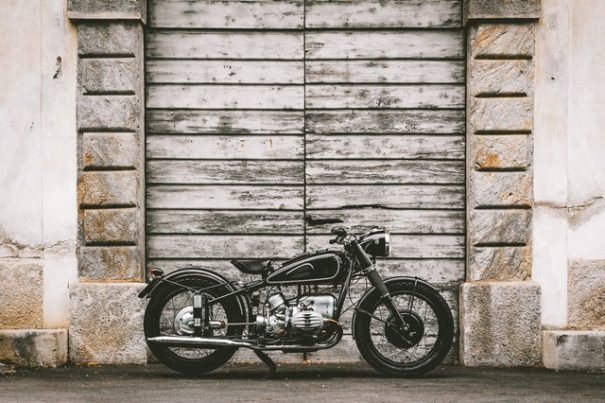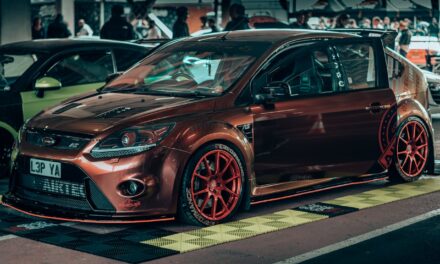
If you’ve done any research before buying your first motorcycle then you’re probably aware of the bills you’re going to face. Owning a bike is expensive, but it’s worth the pricetag. Of course, the initial cost is only the first of many. It’s important to consider the many different expenditures you’ll face on a regular basis as the owner of a motorcycle. Let’s talk through some of the biggest costs.
The bike.
This cost should go without saying. You’re going to need a motorcycle if you want to become a motorcyclist, after all. But this is one of the biggest initial costs you’re going to face when you first become a biker. It’s important not to jump into this decision without considering your options first. So many people get lured in by tempting deals and waste an absolute fortune on their initial bike. Or you might be on the other end of the scale. Maybe you’re looking at low-end bikes with weaker engines because you think it’ll be easier to handle and cheaper. However, when you want to update that “beginner bike” in a few weeks or a few months, you’ll have ended up wasting a lot of money for no reason.
You might as well spend some time getting properly trained (you need to get qualified anyway) and then buy a mid-level bike as your first motorcycle. After you’ve got your license, you’ll be reading for a stronger engine (somewhere in the 500-1000cc range) anyway. Just get to know the market. Do your online research; check out some of the owner’s forums out there. You’ll learn things from other motorcyclists. It’s important to know what questions to ask a dealer and what documentation you’ll need. You need to make sure that the engine and other specs are in keeping with the registration document. Don’t buy from an owner who seems in a hurry to sell a bike ahead of the MOT; there might be hidden problems that haven’t been disclosed.
[ad]
The kit.
A big cost you need to consider is the kit you’ll wear whilst riding a motorcycle. Don’t try to save money by getting the cheapest gear you can find. When it comes to your safety, you shouldn’t put your wellbeing second. Plus, buying cheaper gear will cost you more money over time because you’ll just have to keep replacing it. Opt for durability. You want biker gear that’ll last you for years. You might want to do some research on the best motorcycle helmets available. It’s important to make sure you’re getting a high-quality helmet to protect your head. When you’re considering the cost of kit, you should never compromise on quality.
The insurance.
As is the case when you own any vehicle for road use, insurance is a legal requirement. But it’s not just for the sake of protecting your vehicle; it’s for the sake of protecting you as the owner. And this is so important when it comes to owning a motorcycle. You’re exposed to the elements when you ride a bike; you don’t have the protective shell of a car around you. If you fall off your bike then you could be badly hurt. Protective gear will help, but proper insurance will give you the necessary coverage for any medical bills you face.
And think about what you can afford to pay in terms of coverage. Choose your excess wisely. The higher the excess (the cost that a claim must meet), the lower your premium (the insurance cost you’ll face on a monthly basis). But don’t set your excess higher than you could afford to pay. Otherwise, you might be unable to cover a claim in the event that your insurance provider doesn’t pay out. Get the balance right. Track your mileage if you want to reduce your premium too; if you ride your bike less often than predicted then your insurer might lower your quote for the future.


